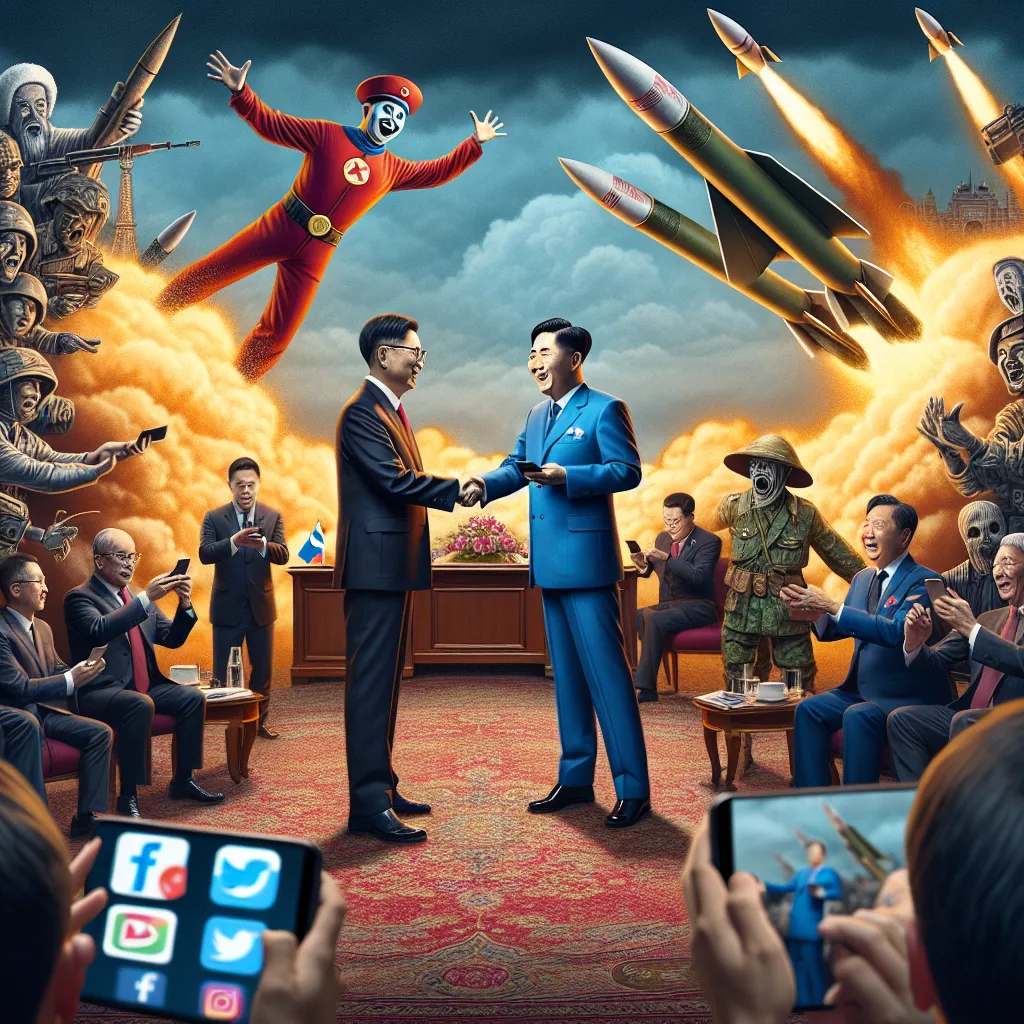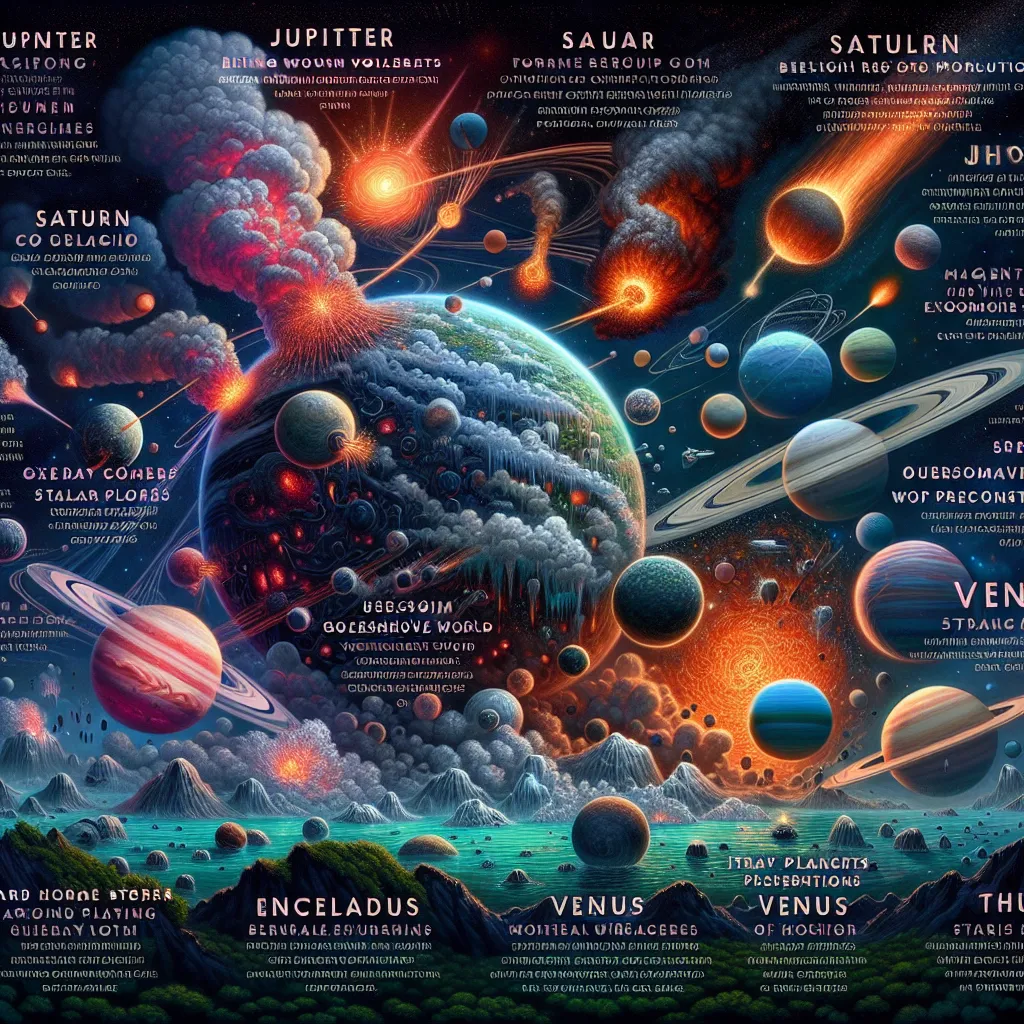Six months into his presidency, Donald Trump had already tweeted over 30,000 times. His Twitter account became a significant part of his presidency, giving a direct line to millions. One notable instance involved a tweet about North Korea’s leader, Kim Jong-un, who he referred to as “Rocket Man.” This approach, blending reality TV drama and serious geopolitics, marked a first in presidential history.
Since the early ’90s, U.S. administrations have tried various strategies to halt North Korea’s nuclear missile ambitions. Trump, however, preferred tweeting threats. He famously declared in September 2017 that the U.S. might have no choice but to “totally destroy” North Korea. Using tweets to negotiate with Kim Jong-un seemed unorthodox, if not risky, prompting many to doubt its effectiveness.
In November 2017, Trump tweeted a taunt about Kim Jong-un calling him “old,” and claimed he wouldn’t retaliate by calling Kim “short and fat.” It was striking how playground-level insults were now coming from the President of the United States on Twitter. He embraced his role as a troll, blurring the lines between serious foreign policy and social media antics.
Historians and analysts were fascinated – and sometimes horrified – by Trump’s off-the-cuff style. Not only was he unversed in foreign policy, but he also defied diplomatic norms. This was politics in the age of Twitter.
Despite the initial hostility, by June 2018, Trump made history by meeting Kim Jong-un in Singapore, the first meeting ever between a sitting U.S. president and a North Korean leader. They met face-to-face several times, which seemed to momentarily slow down North Korea’s missile and nuclear weapons program. The fiery rhetoric evolved into what Trump described as an exchange of love letters, symbolizing an extraordinary turnaround.
In a dramatic moment, Trump even became the first U.S. president to set foot in North Korea. Describing the relationship as “very special,” he showed how quickly his stance could shift from aggression to warmth.
Following Trump’s North Korea dealings on Twitter could cause metaphorical whiplash. His tone could change rapidly, making it hard to predict his next move. The unfiltered and unpredictable nature of his tweets kept the world on its toes and offered a strange new window into high-stakes diplomacy.






